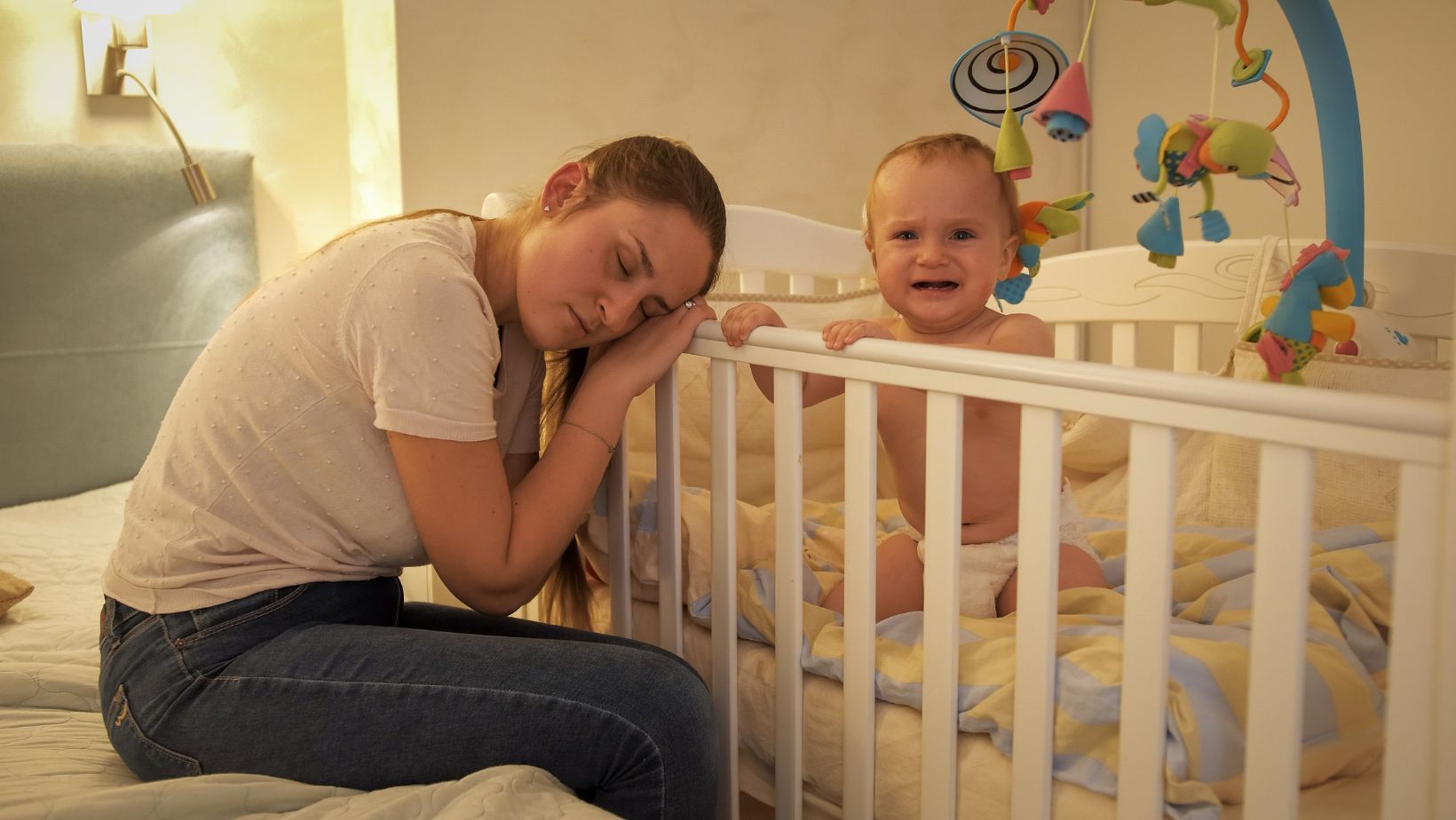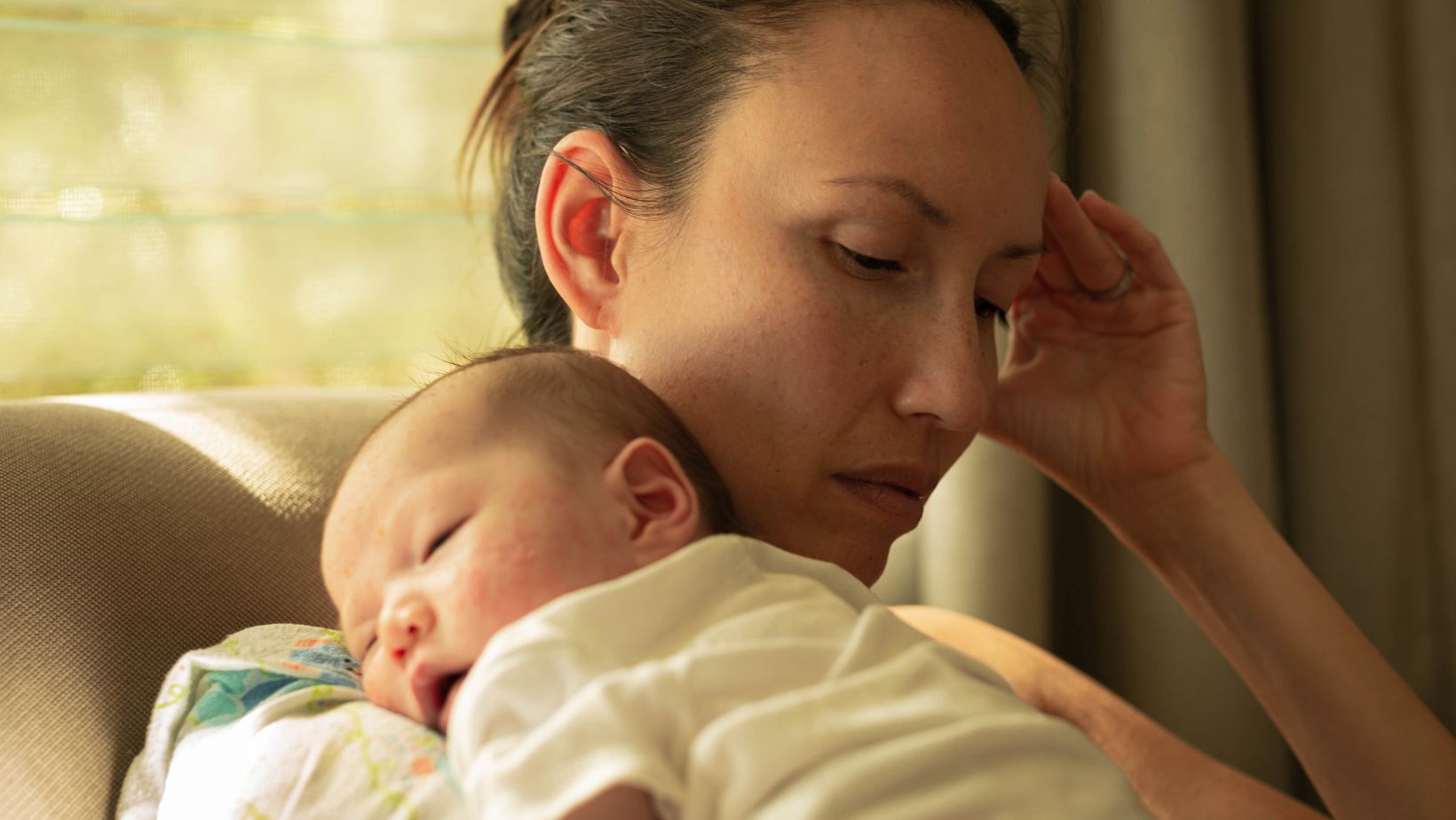
Parenthood is a transformative journey filled with countless joys and challenges. As parents, we often focus on providing the best care for our children, but it’s important to remember that taking care of ourselves is equally crucial. Hormonal issues, often associated with women, can also affect men, impacting their physical, emotional, and mental well-being. In this blog post, we’ll explore how hormonal imbalances can affect parents and offer insights into managing these challenges.
Understanding Hormonal Changes During Parenthood
Parenthood is a transformative journey that brings immense joy and fulfillment, but it also comes with its fair share of challenges. One aspect that often goes unnoticed is the significant hormonal changes experienced by parents during this time. These hormonal fluctuations can have a profound impact on both physical and emotional well-being.
Postpartum Hormonal Shifts: After giving birth, the body undergoes dramatic hormonal changes as it adjusts to the new demands of motherhood. The levels of estrogen and progesterone, which are high during pregnancy, drop rapidly after delivery. This sudden shift in hormone levels can contribute to feelings of sadness, mood swings, and even postpartum depression in some mothers.
Breastfeeding and Prolactin: For mothers who choose to breastfeed, another important hormone called prolactin comes into play. Prolactin stimulates milk production and helps establish the bond between mother and baby. However, elevated prolactin levels can also lead to fatigue, mood changes, and even difficulty concentrating.
Sleep Deprivation and Cortisol: Sleep deprivation is a common challenge for parents of young children. It not only affects energy levels but also disrupts hormone regulation. Lack of sleep can elevate cortisol levels – the stress hormone – leading to increased anxiety, irritability, and reduced ability to cope with daily stressors.

Testosterone in Fathers: While much emphasis is placed on maternal hormones during parenthood, fathers experience their own hormonal shifts as well. Research suggests that testosterone levels in men decrease when they become fathers, promoting nurturing behaviors and increased bonding with their children.
Oxytocin: The Love Hormone: Oxytocin plays a crucial role in fostering parental bonding and attachment between parents and their children. This “love hormone” promotes feelings of trust, empathy, and affection towards infants while reducing stress responses. It is released during moments of physical contact, such as cuddling or breastfeeding.
Understanding these hormonal changes can help parents navigate the challenges of parenthood with greater awareness and support. It’s important to remember that these shifts in hormones are a natural part of the parenting journey and vary from person to person.
As always, if you’re experiencing significant distress or emotional difficulties, it’s essential to reach out for professional help. Parenthood is a beautiful but complex experience, and seeking support is a sign of strength and self-care.
The Impact of Hormonal Issues on Parents’ Mental Health
Parenting is a challenging journey that comes with its fair share of ups and downs. While the joy of raising a child can be immeasurable, it’s essential to acknowledge the potential impact of hormonal issues on parents’ mental health. Hormonal fluctuations during pregnancy, postpartum period, and even throughout parenting can have significant effects on emotional well-being.
Postpartum Depression: One common hormonal issue that affects parents is postpartum depression (PPD). PPD occurs in approximately 10-20% of new mothers and fathers, and it typically begins within the first few weeks after childbirth. The sudden drop in estrogen and progesterone levels can lead to feelings of sadness, irritability, anxiety, and a loss of interest in activities.
Baby Blues: Baby blues are another common experience for parents after giving birth. This temporary condition is characterized by mood swings, tearfulness, fatigue, and difficulty sleeping. It usually resolves within two weeks without any medical intervention.

Perinatal Mood Disorders: Beyond postpartum depression and baby blues, there are other perinatal mood disorders that parents may face during pregnancy or after childbirth. These include prenatal depression, anxiety disorders such as generalized anxiety disorder (GAD) or panic disorder (PD), obsessive-compulsive disorder (OCD), and post-traumatic stress disorder (PTSD).
Hormonal Changes Throughout Parenting: Hormonal fluctuations are not limited to pregnancy and the immediate postpartum period; they can persist throughout parenting. For example, sleep deprivation due to caring for an infant can disrupt hormone levels associated with mood regulation like cortisol and melatonin. For more information on hormone therapy options, consider Ehormones MD, a physician-supervised network of hormone therapy physicians.
Impact on Fathers: While maternal hormonal changes receive more attention due to their direct connection with pregnancy and childbirth, it’s crucial to recognize that fathers also experience hormonal shifts during parenthood. Research suggests that testosterone levels in fathers may decrease after the birth of their child, which can affect mood and energy levels.
It’s important to note that hormonal issues are not the sole cause of mental health challenges in parents. Factors such as sleep deprivation, lifestyle changes, social support, and personal history also play a significant role. However, understanding the potential impact of hormonal fluctuations on parents’ mental health can help healthcare professionals provide appropriate support and interventions.























